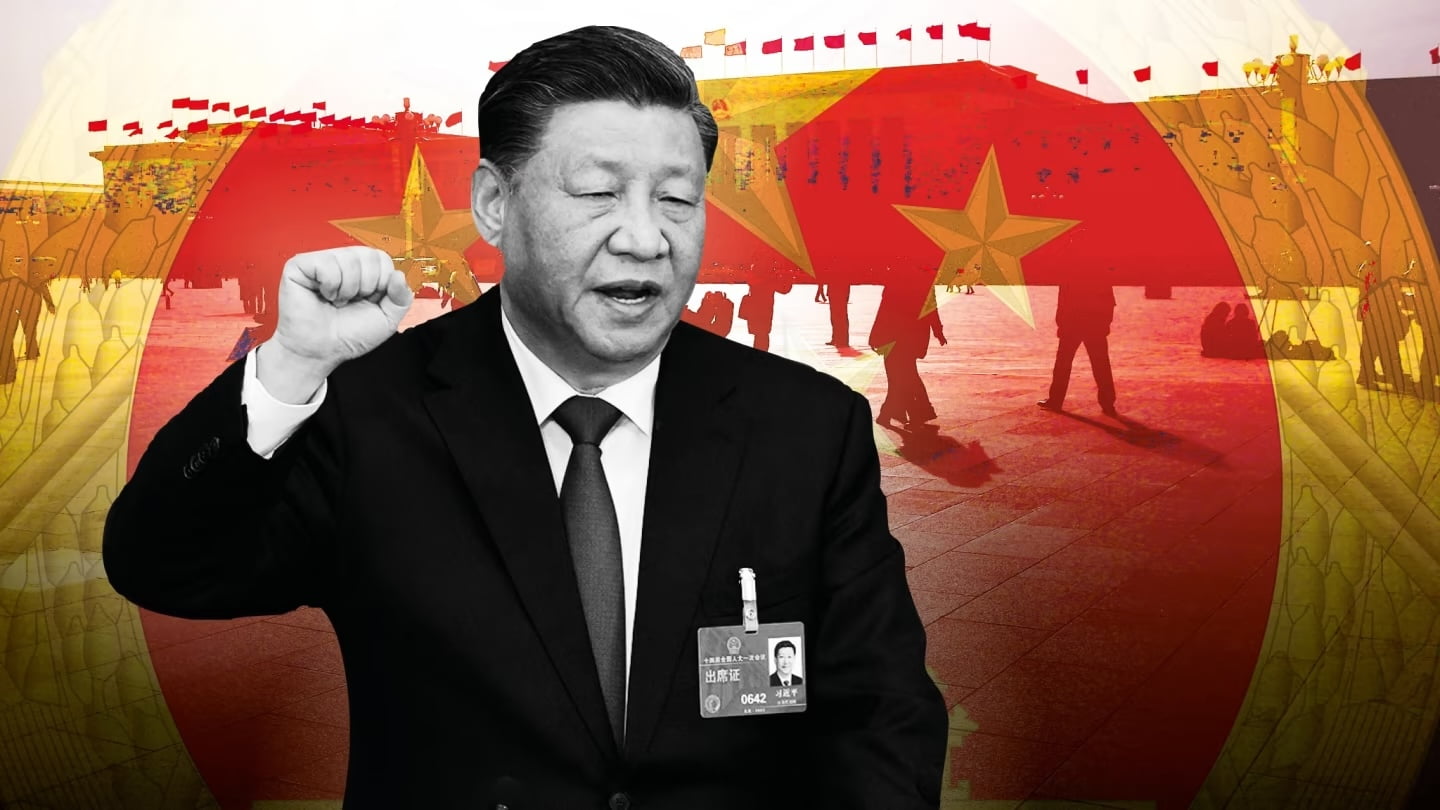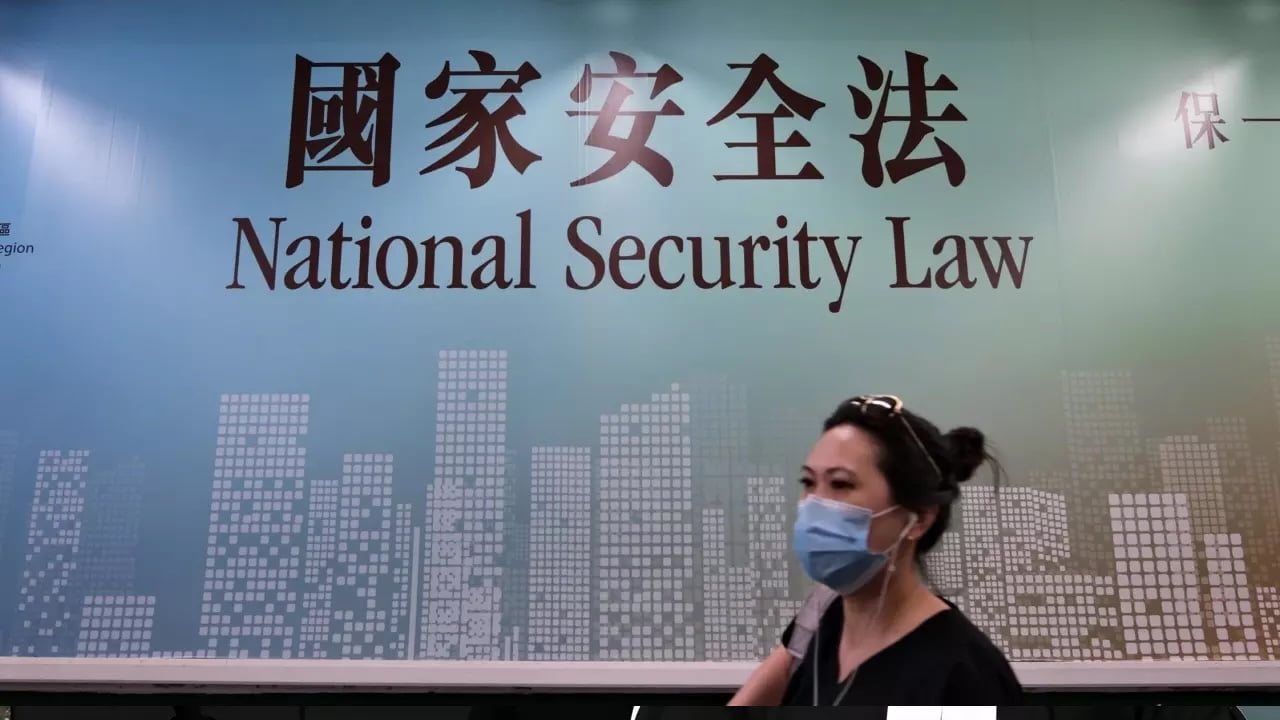The Shangri-La Dialogue, held in Singapore from May 31 to June 2, 2024, is a prominent annual forum that brings together defence ministers, military chiefs, and security experts from the Asia-Pacific region and beyond. Organised by the International Institute for Strategic Studies (IISS), a leading think tank on international affairs, the event provides a platform for high-level discussions on pressing regional security issues. This year’s dialogue was particularly significant, as it took place against the backdrop of heightened geopolitical tensions, ongoing conflicts, and the evolving global security landscape. China’s participation in the Shangri-La Dialogue has always been closely watched, given its growing influence and assertiveness in the Asia-Pacific region. As one of the key players in regional security, China’s approach to global security is of paramount importance, not only to its neighbours but also to the international community as a whole.
The speeches and debates that took place during the 2024 Shangri-La Dialogue offered valuable insights into China’s current thinking on security issues and its vision for the future of the region. This analysis will delve into the key points that emerged from China’s engagement at the Shangri-La Dialogue, examining its assertive stance, the regional tensions it faces, its evolving relationship with the United States, and its stance on multilateralism and the rule of law. By understanding China’s approach to global security, as evidenced by its participation in this important forum, we can gain a clearer picture of the challenges and opportunities that lie ahead in the Asia-Pacific region and beyond.
China’s Assertive Stance
Image Credit – Financial Times
About the Author
Mahima Sharma is a staff writer at The Viyug. She is also a research analyst at the Global Strategic & Defence News (GSDN). She completed an internship as a geopolitical risk intern at WoRisGo. She holds a Bachelor’s degree in Political Science from Panjab University, Chandigarh.



